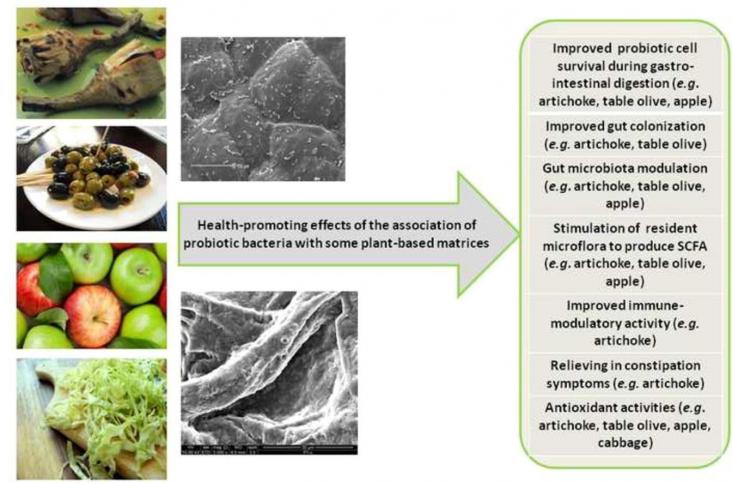The mounting research on consumer behavior and climate change is gradually improving our understanding of effective ways to mobilize consumers to mitigate climate change.
The global market for plant-based foods intended as alternatives to cheese products is increasing and will reach almost $4 billion by 2024.
Substitution of beef with alternative proteins is one practical trend taken by industry and consumers to reduce the negative impact of convenience products on the environment.


The performance of probiotic bacterial strains is influenced by the carrier food and its functional components which while buffering the probiotic through the gastro-intestinal tract, contribute to
Innovative Exploration Methods for Minerals, Oil, Gas, and Groundwater for Sustainable Development, 2022, Pages 193-211
Emerging Issues in Climate Smart Livestock Production, Biological Tools and Techniques, 2022, Pages 71-90
